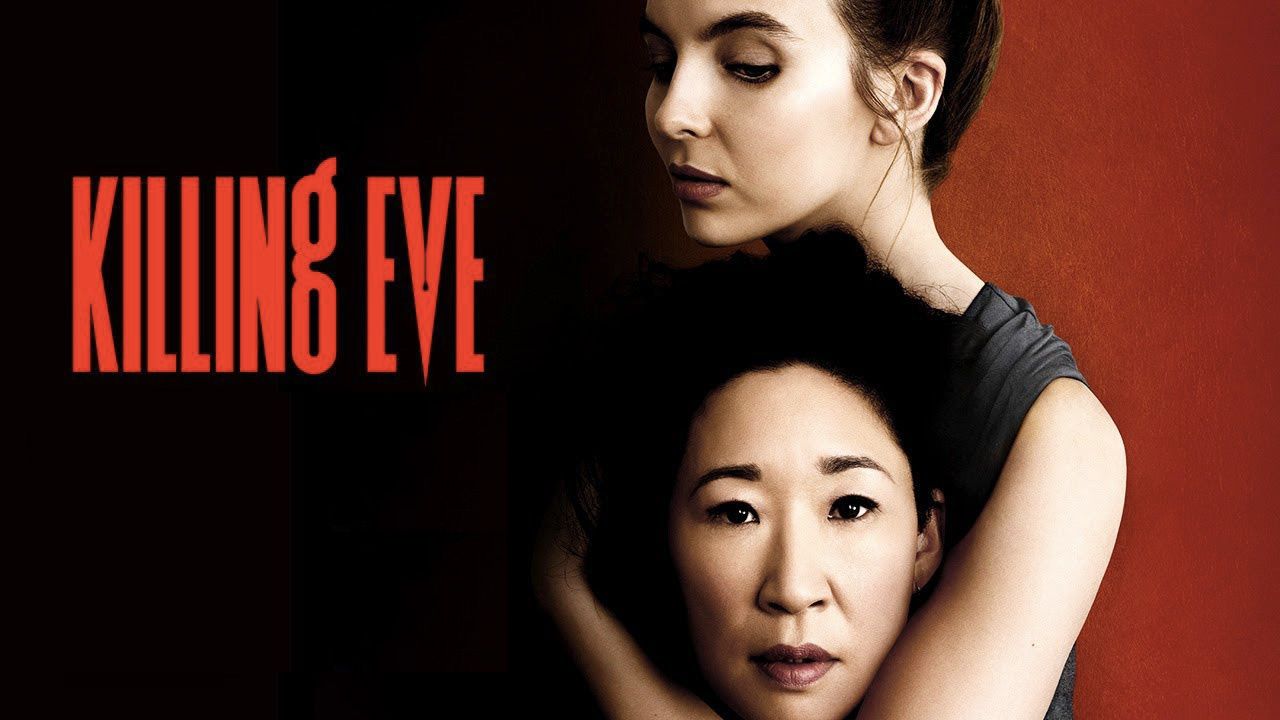As an avid binge watcher and lover of TV and creative queer storylines, this is a topic I truly have a bone to pick with the TV industry. Just in the past year, the number of television shows that I have watched kill off another gay character with no connection to the plot itself is shocking. As viewers, we’ve watched this overused trope also known as “bury your gays,” play out on our television screens time and time again. Many prominent and highly rated shows have unfortunately followed this storyline, such as the 100, The Walking Dead, and the most recent heart-wrenching ending and my personal all-time favorite, Killing Eve, (please give me at least five to seven business days to process that one). Queer audiences, especially younger people, deserve better.
When I was 12, I remember watching The Fosters in my childhood bedroom with the door locked and microwave popcorn scorching the roof of my mouth. Growing up in a variety of small suburbs, my younger closeted self had never been exposed to any LGBTQ+ content or media until this show had aired, and played a significant role in my own self acceptance. I had no idea that being anything other than straight was an option. My heart soared when I watched protagonists and eventual wives, Stef and Lena kiss for the first time, as it became apparent to me that I, too, could experience a love like that one day and be proud of it. Quite literally, it saved me. In terms of representation, The Fosters hit the nail right on the head: featuring trans characters, a same-sex wedding, queer adoptions, and a diverse cast, but many other shows fall short in giving LGBTQ+ characters the happy endings and storylines that they deserve. While Stef and Lena’s story encapsulates some of the realistic struggles that same-sex partners face, it was not the main focal point of the series. The Fosters sends the message that we do not need to accept struggling as our sole narrative, and that we, too, can have families and find unconditional love. This is not to say we cannot go through difficult times, but that it is not our only option or fate.
All too often, LGBTQ+ characters are solely represented coming out and unhappy with themselves. Then, when they finally are happy and fulfilled, they are killed off soon after. The season four finale of Killing Eve, in particular, follows this exact framework, capturing the two main characters' reunion after they spend four seasons engaged in a “will they, won’t they?” storyline where their whirlwind, cat-and-mouse romance was not officially confirmed until this episode. The two finally face their true feelings for one another, kiss multiple times, and are visibly happy and affectionate together for the majority of the episode. Just when everything begins to start finally working out for these two lovebirds, one of them is abruptly shot and killed after the two embrace in the show’s final moments. The episode was practically over by this point, and in this instance, her death was placed in the finale solely for shock value and dramatic flair, not further advancing the show’s plot or ending at all. Although the finale just premiered this weekend, the negative backlash from fans was intense and quickly overwhelmed social media platforms, with many fans voicing their opinions regarding the normalization of killing queer characters on mainstream TV today. Interestingly, the Codename Villanelle novels by Luke Jennings, which served as the inspiration for Killing Eve, end with the two women together, alive, and happy. Personally, this is the ending that I will be accepting as reality...
Normalizing queer characters’ death on TV is also harmful because of the unnecessary violence it implies. TV simply does not understand how to allow queer characters to live happily without experiencing some sort of violence or harm. With rates of violence, mental health struggles, and homelessness amongst LGBTQ+ individuals markedly on the rise, this feels highly insensitive and represents us as only ever experiencing hardship. Additionally, these messages of hopelessness and fear only perpetuate negative stereotypes and can contribute to even more identity-related struggles from viewers of the content. For young audiences watching same-sex love be portrayed, it is nothing short of liberating and validating in demonstrating that they, too, can be proud of who they are and be genuinely happy and comfortable in their own skin. Queer joy is real, and that must be translated over to television screens. Being queer is not some television sob story, and as a community, we are vibrant, unapologetic, and we deserve and will find love and happiness too, if we have not already. Although we have made many steps forward, TV industry, let’s do better, with the creation of more queer relationships, with both partners who are alive and well and in love! Our stories matter and deserve to be celebrated, both in our everyday lives and on the television screen.



















